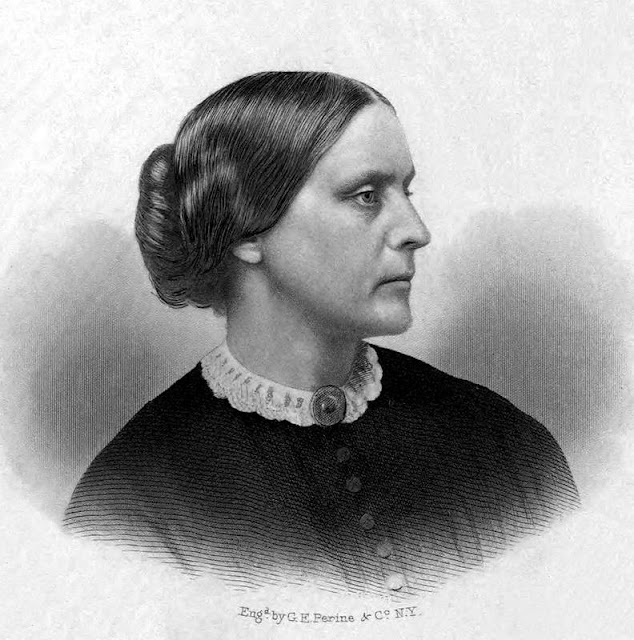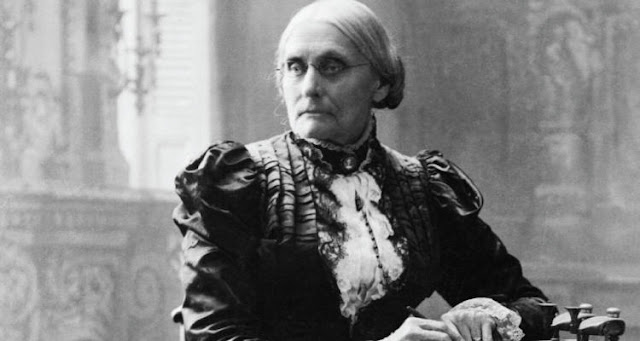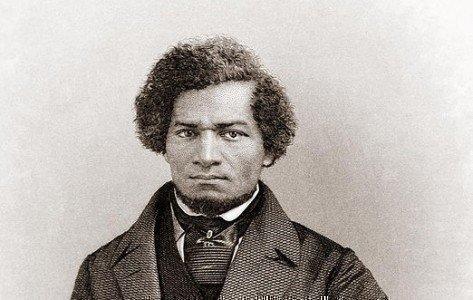What You Didn't Know About Susan B. Anthony

Susan B. The name Anthony is almost synonymous with women's suffrage, but surprisingly little is known about the details of her life and the important work she did for women's rights. For example, did you know that he was arrested for casting his vote? Or that she was not alive to see the passage of the 19th Amendment to the Constitution, which gave women the right to vote? Or that his likeness was almost added to Mount Rushmore? There are some things you didn't know about Susan B. Anthony, champion of the women's suffrage movement.

The "B" stood for "Brownell".
Susan Anthony was born on February 15, 1820, in Adams, Massachusetts. He was actually given no middle name or initials at birth, but later in his youth, such additions became fashionable. She and her sisters later made their own picks, with Susan adopting the "B" for "Brownell", the last name of the man her Aunt Susan, after whom she was named, had married.

She was a quaker
It is no surprise that Anthony became an activist: his family had a long line of social reformers, including members who fought in the Revolutionary War and served in state politics. Anthony's father, Daniel, was also a devoted Quaker, committed to raising his children in the faith as well. Anthony took it enthusiastically, finding particular resonance in the Quaker's belief that all were equal in the eyes of the Lord. She was educated and worked as a teacher before becoming a champion for women's suffrage and equal rights.

She Was an Abolitionist Before Being a Suffragette
Through her father, Susan B. Anthony was introduced to abolitionist activists William Lloyd Garrison and Frederick Douglass in her youth. Anthony often sat down when these men visited his father and heard about slavery and oppression in the South. She was so impressed by these stories that Anthony became an abolitionist herself, and it was her work as an abolitionist that led her to the issue of women's rights. Often, when she was giving an abolitionist speech, she was told that it was not a woman's place to engage in abolitionist work or even to give a speech. If his critics had hoped to embarrass Anthony by giving the speech, he certainly failed. Instead, Anthony began delivering speeches demanding equal rights for women, including the right to vote.

Arrested for voting
Many prominent women of that era were outspoken advocates of women's suffrage, but Anthony took his faith a step further when he and 14 other women in his district voted on November 5, 1872. Undoubtedly the horrific crowd was stopped and interrogated but eventually allowed to cast their votes in the presidential election, pitting the incumbent Ulysses S. Grant against Horace Greeley. Roughly two weeks later, on November 18, a judge ordered the arrest of Anthony and his sisters, including three biological sisters. Eventually, charges were dropped against all women except Anthony, whose case was heard at the federal level.

No comments: